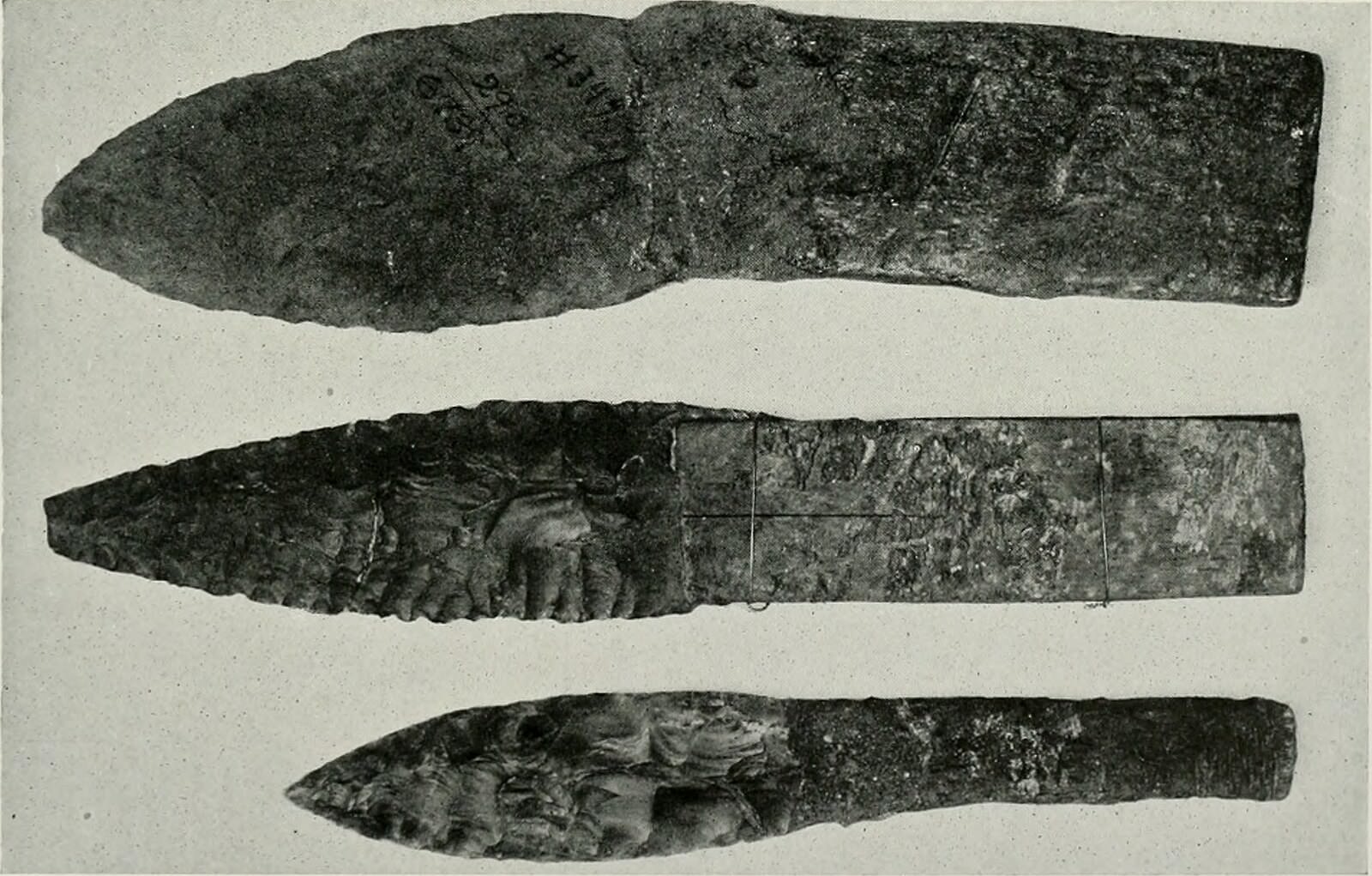Entertainment
25 Mind-Blowing Facts About Ancient Civilizations
By Jake Beardslee · March 4, 2024
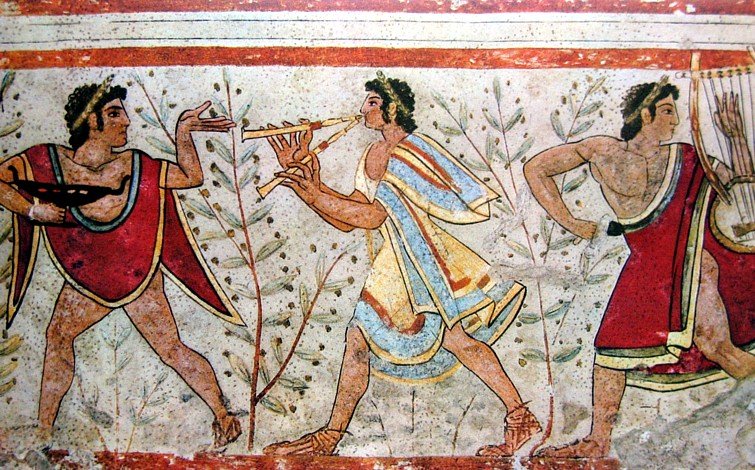
Early Dental Prosthetics: Ancient Etruscans' Surprising Expertise
The ancient Etruscans, around 700 BCE, displayed remarkable dental knowledge, using a mix of animal and human teeth for prosthetics. Archeological findings unveil intricately crafted dental bridges and implants, revealing an unexpectedly advanced understanding of dental care for their time. fresco/Wikimedia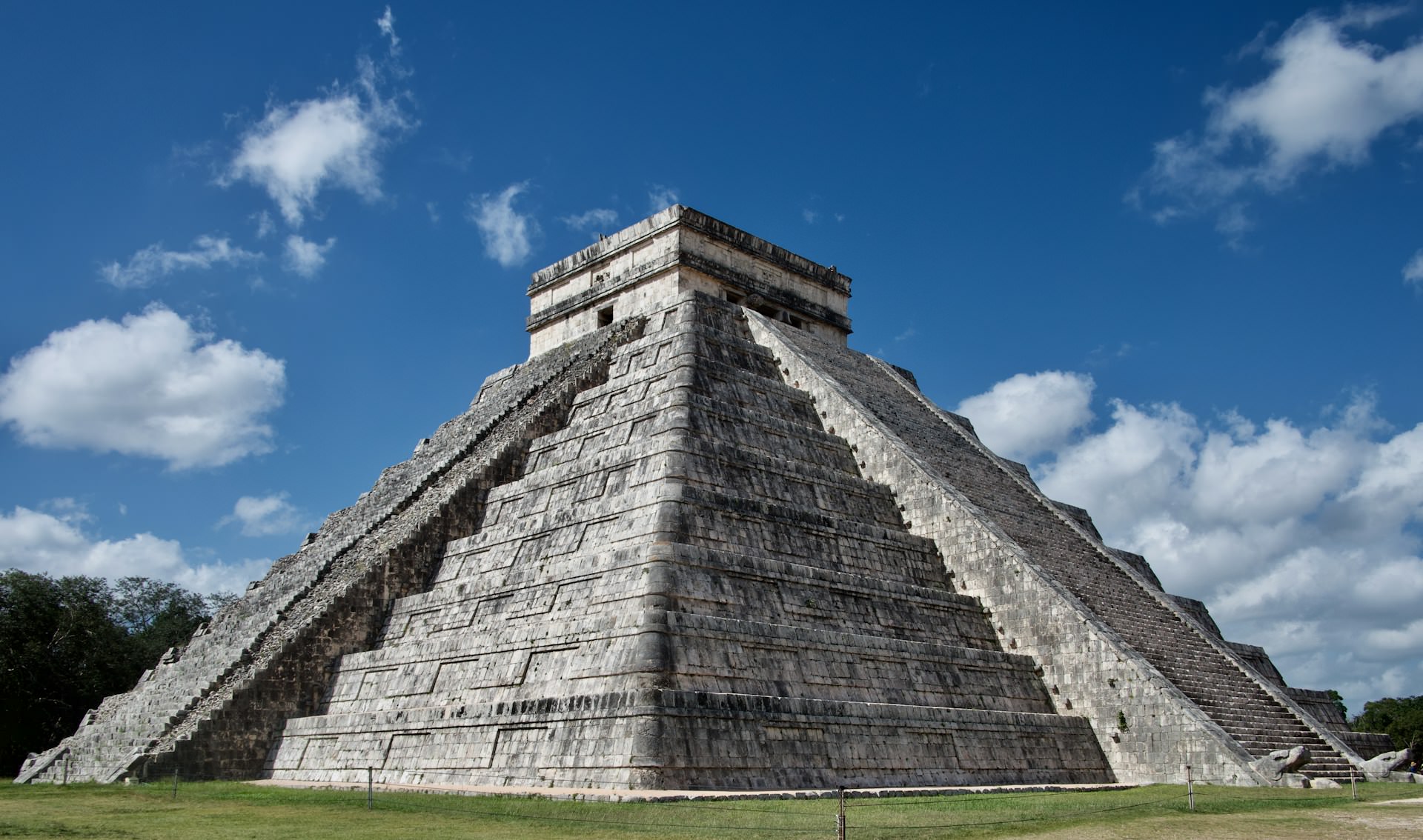
The Mayans Enjoyed Flavored Tobacco
The Mayans didn't just smoke tobacco for the buzz. Archaeologists found tobacco residue mixed with marigold, suggesting the ancient Mayans carefully blended and flavored their tobacco much like vaping concentrates today. Raquel Moss/Unsplash
Elite Women Were Pre-Incan Empire's Beer Brewers
The Wari Empire thrived in ancient Peru, predecessor to the Incas. A 2005 study found elite Wari women were the empire's skilled brewers, holding high status for their production of chicha beer. Jeremiah Berman/Unsplash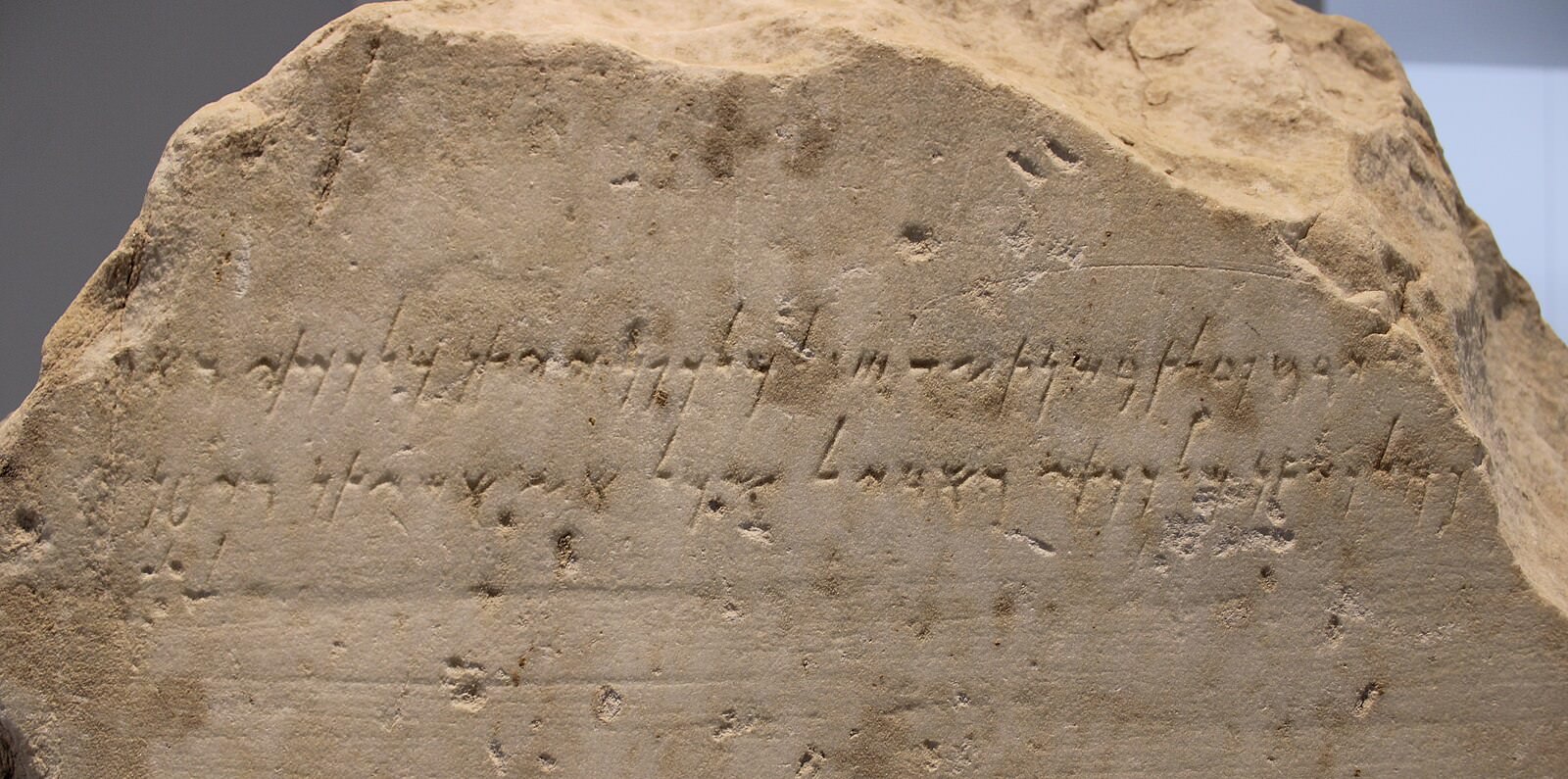
Ancient Civilizations Were More Connected Than We Think
Trade connected far-flung ancient cultures more than history records. Phoenicians likely rounded Africa 2,000 years before Europeans did while Greeks and Romans established Indian Ocean trade. פעמי-עליון/Wikimedia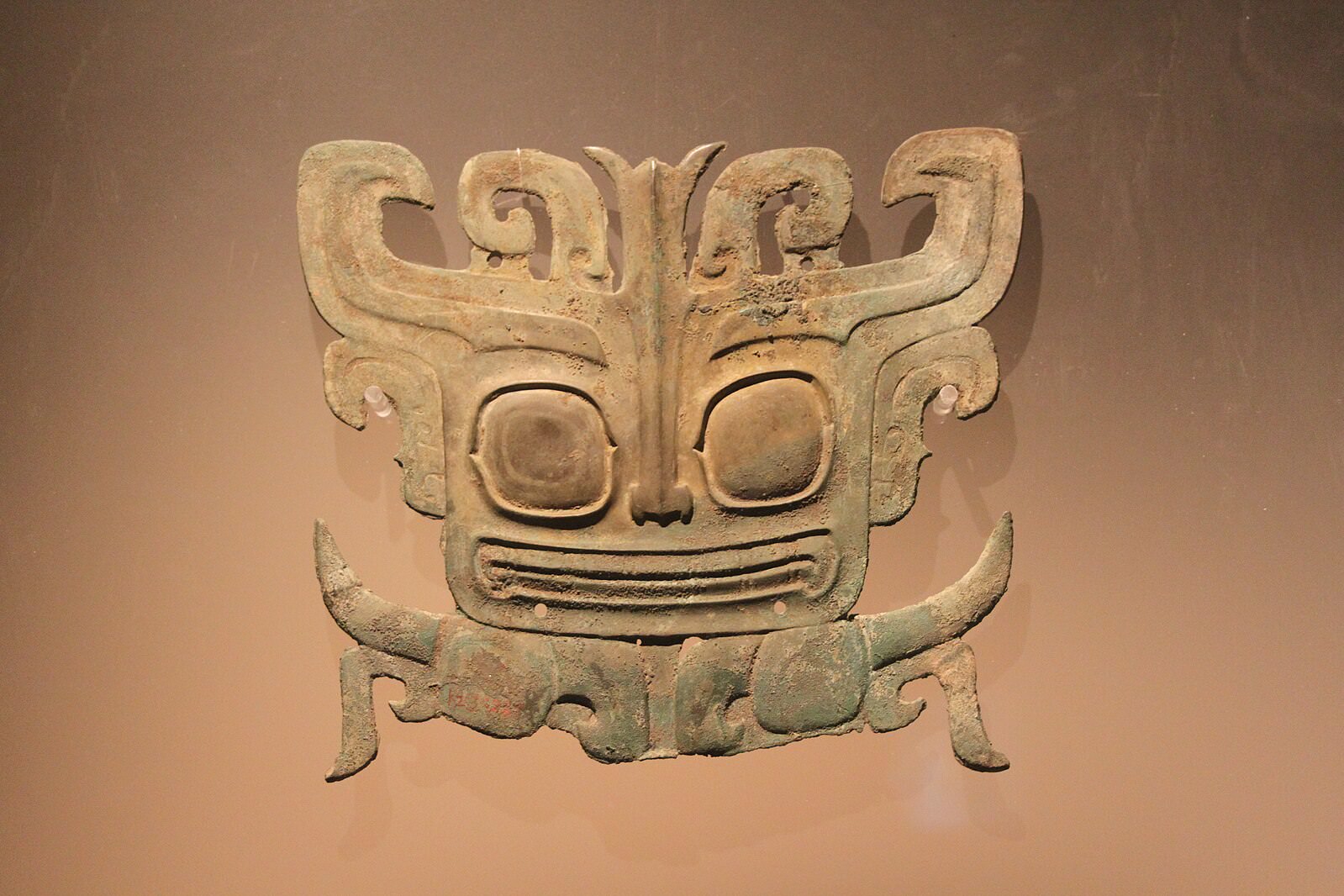
An Earthquake Ended The Sanxingdui Civilization
The advanced Sanxingdui civilization mysteriously disappeared from China's Sichuan province. New evidence shows a major earthquake redirecting critical waterways led people to relocate, collapsing Sanxingdui. Gary Todd/Wikimedia
Rome’s Fall Didn’t End The Roman Empire
Rome's 476 CE sacking wasn't the finale we're taught. Gothic generals maintained order and Roman identity continued while Barbaric groups were integrated parts of the empire, making its "fall" gradual. FaceMePLS from The Hague, The Netherlands/Wikimedia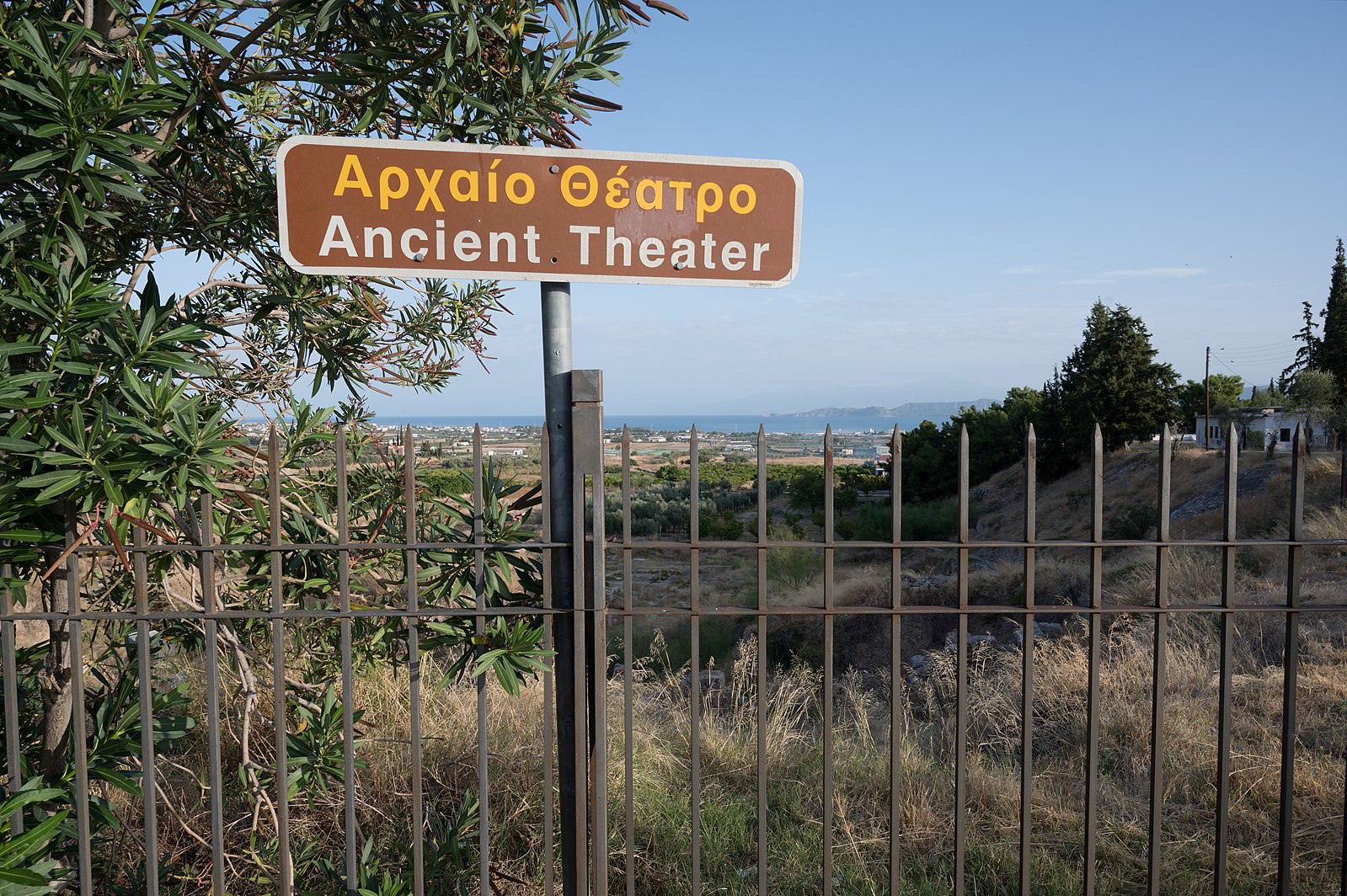
“Barbarians” Simply Couldn’t Speak Greek
To ancient Greeks, foreign languages sounded like "bar-bar-bar." They dubbed non-Greek speakers "barbarians," a neologism about speech rather than scorn toward foreign cultures. Zde/Wikimedia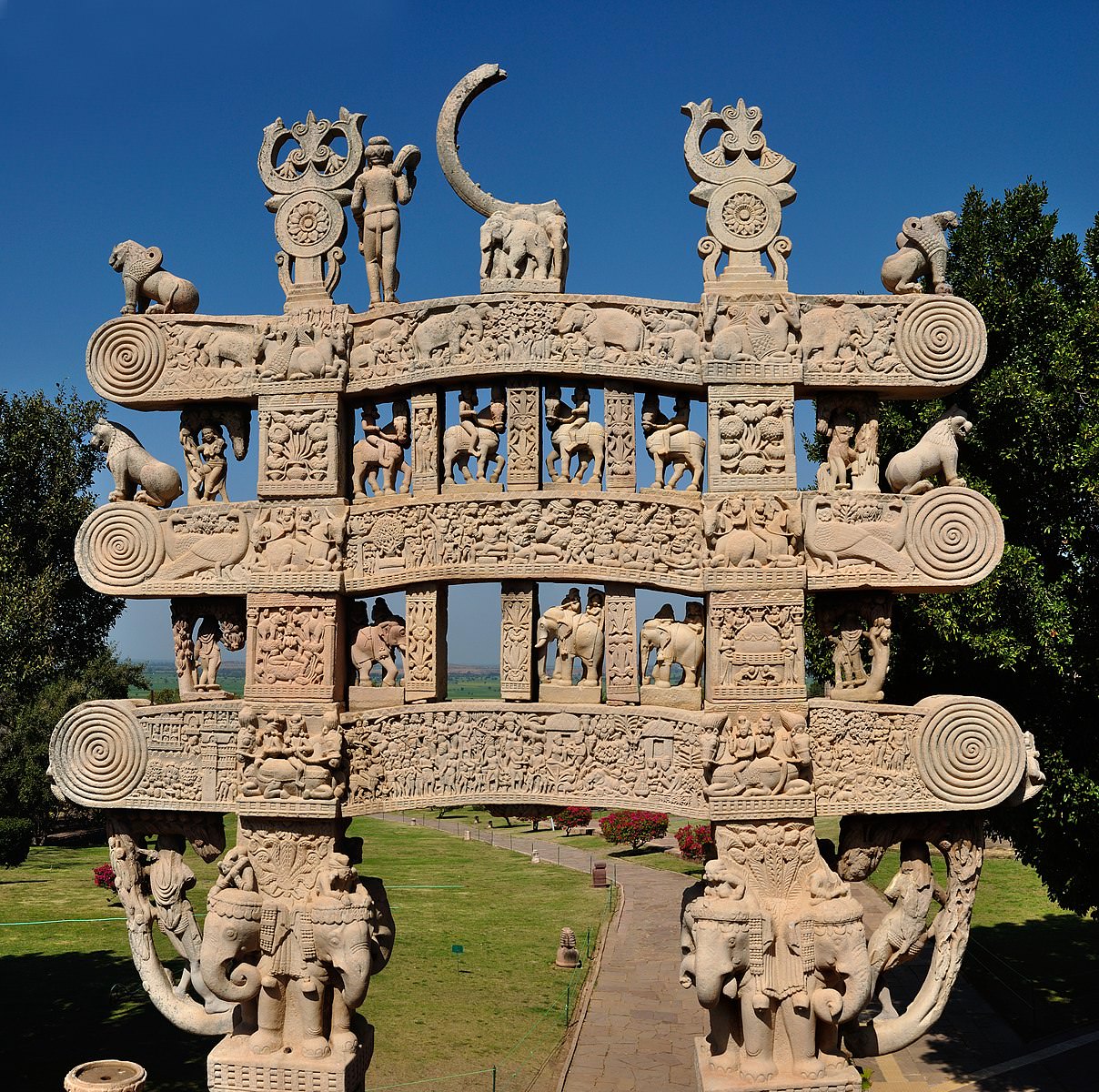
Ancient India Had Republican Governments Too
India developed republican governing principles in parallel to Rome. Small independent republics in India date back to 600-400 BCE with representative councils and voting. Biswarup Ganguly/Wikimedia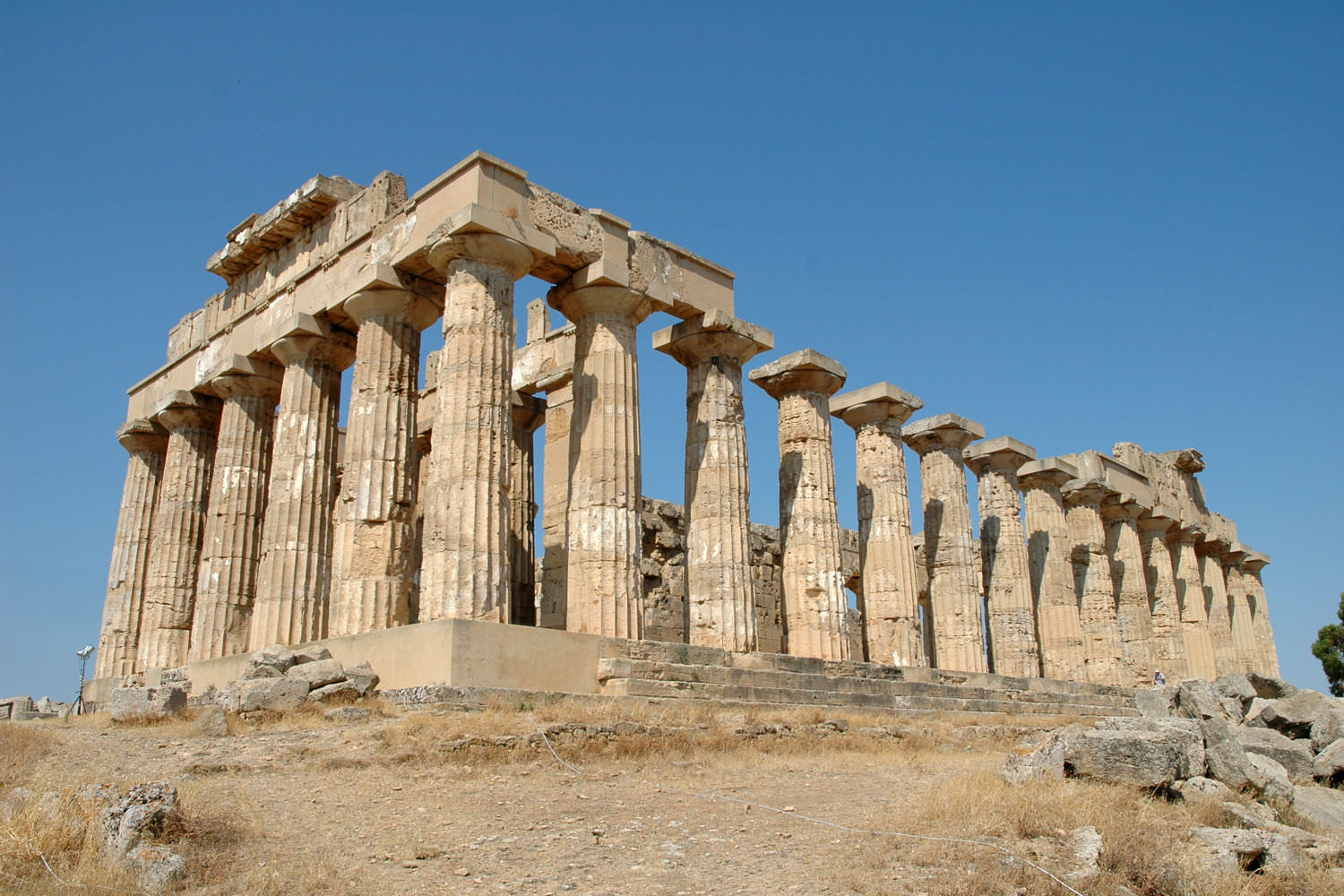
Gun Control Originated In Ancient Greece
Ancient Greek cities banned carrying weapons in public under punishment of death. Even self-defense exceptions were void, believing unrestrained arms led to conflict. AdiJapan/Wikimedia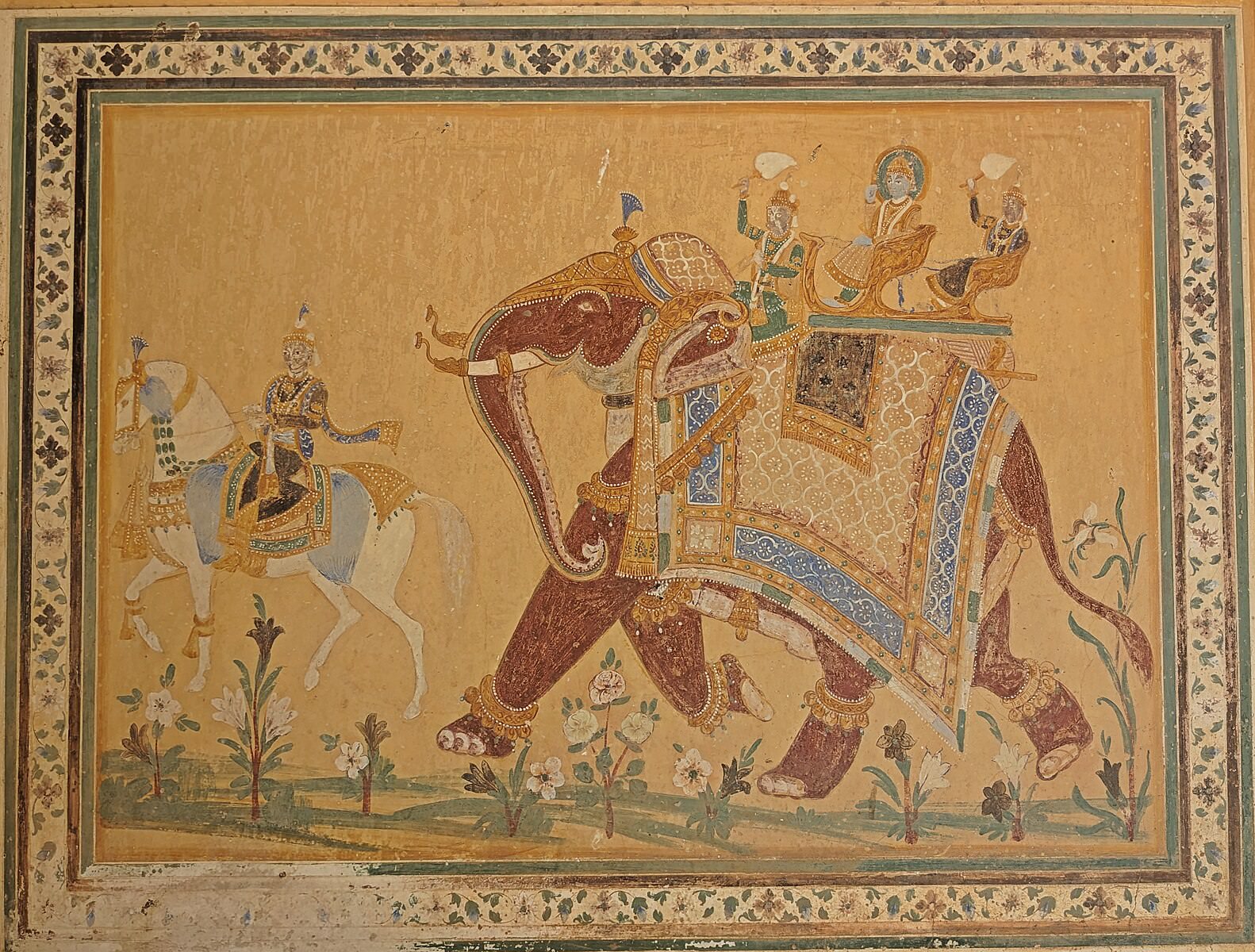
Plastic Surgery Was Practiced In Ancient India
Advanced Indian medicine pioneered reconstructive surgery 2,500 years ago. Flap grafting skin from foreheads rebuilt noses for warriors and criminals whose faces were mutilated. Barkhaharlalka/Wikimedia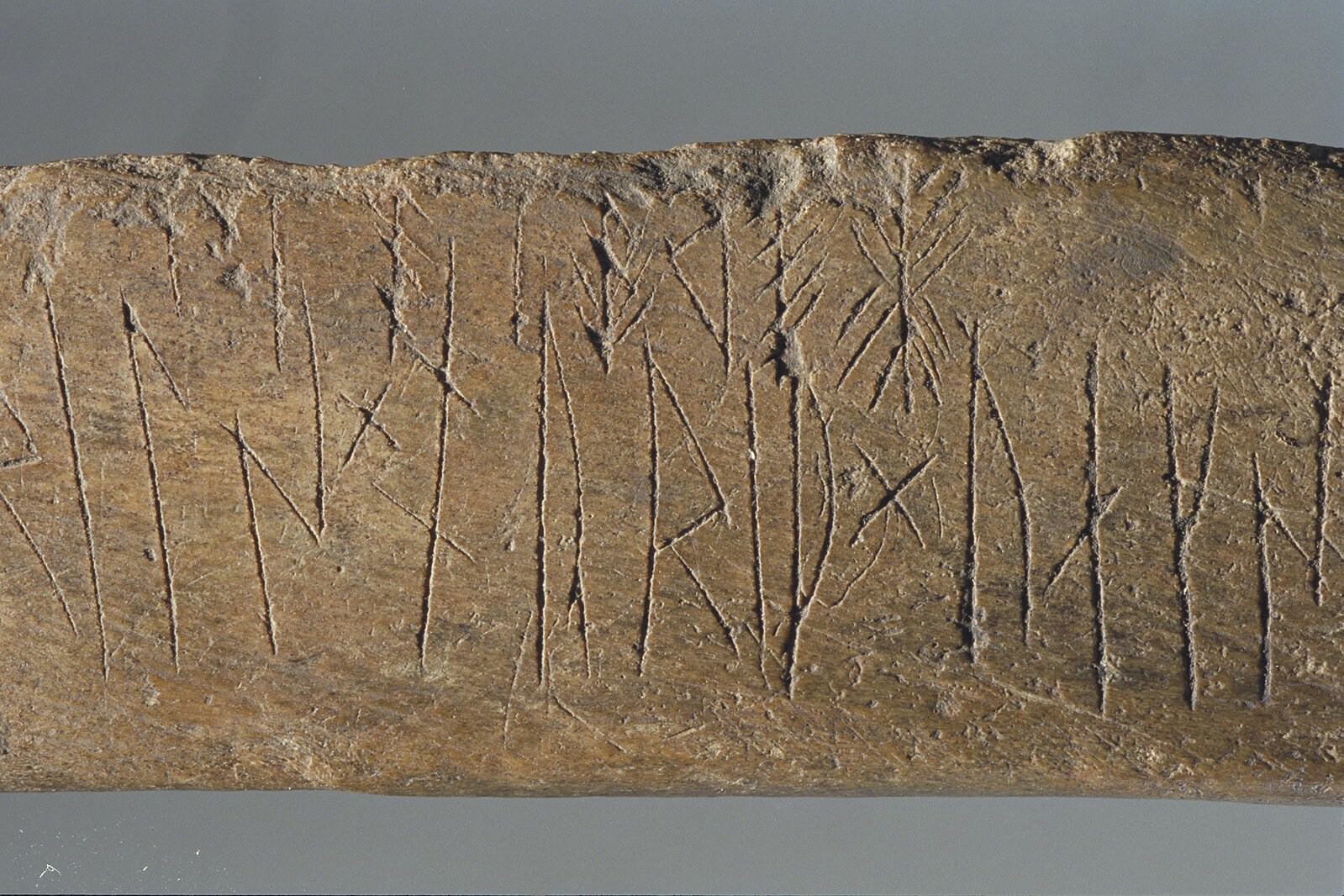
Coded Writing Was Used For Entertainment
Coded Norse runes were for fun, concealing messages as intellectual games. One recently decoded 800-year-old runestone merely taunted "interpret me if you can” with no secret meaning. Swedish National Heritage Board/Wikimedia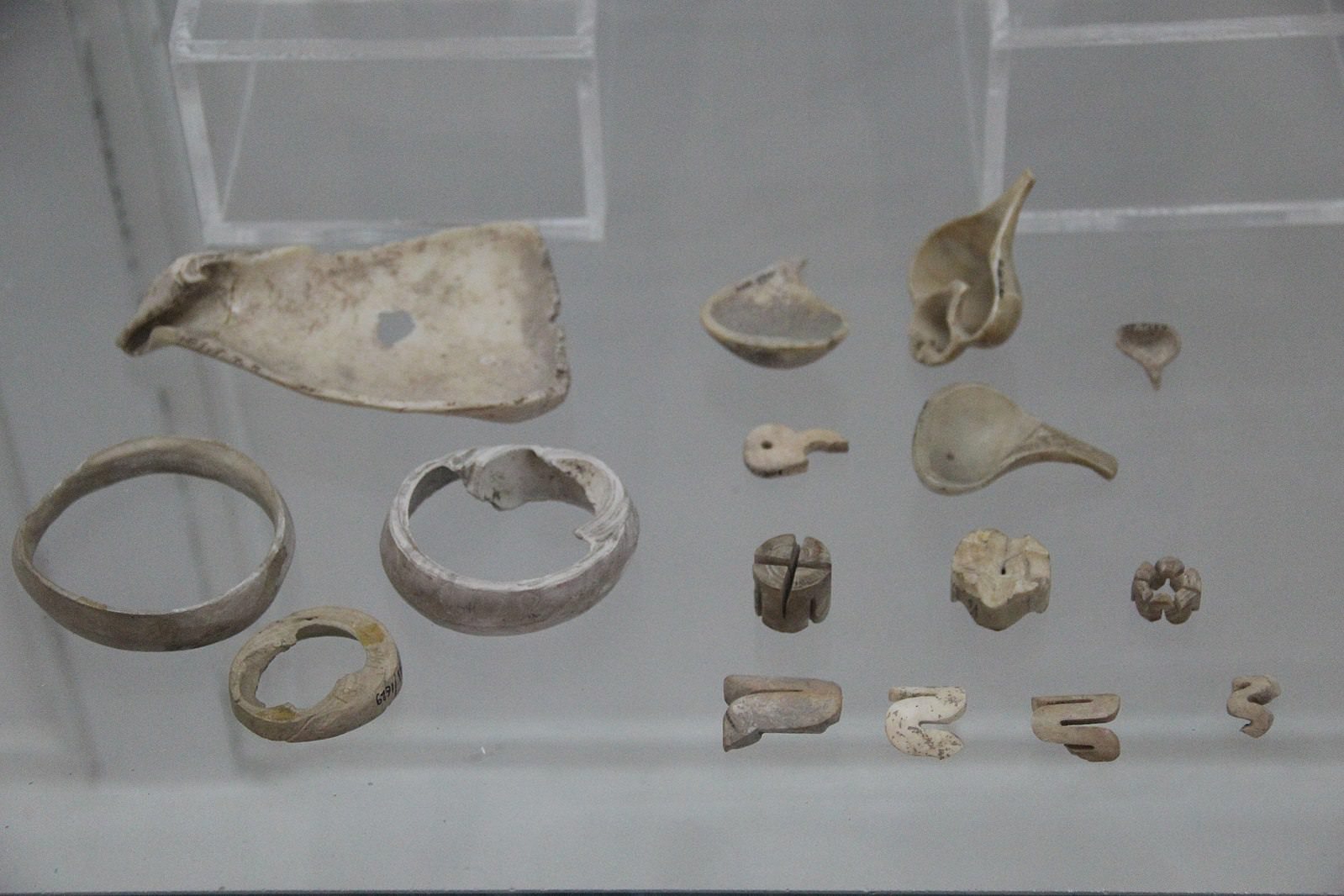
Climate Change Caused Harappan Civilization’s Collapse
New evidence shows the mighty Harappan civilization was undone by climate change altering rivers critical for irrigation agriculture. Major cities were abandoned for the more reliable Ganges as floods destroyed canals. Gary Todd/Wikimedia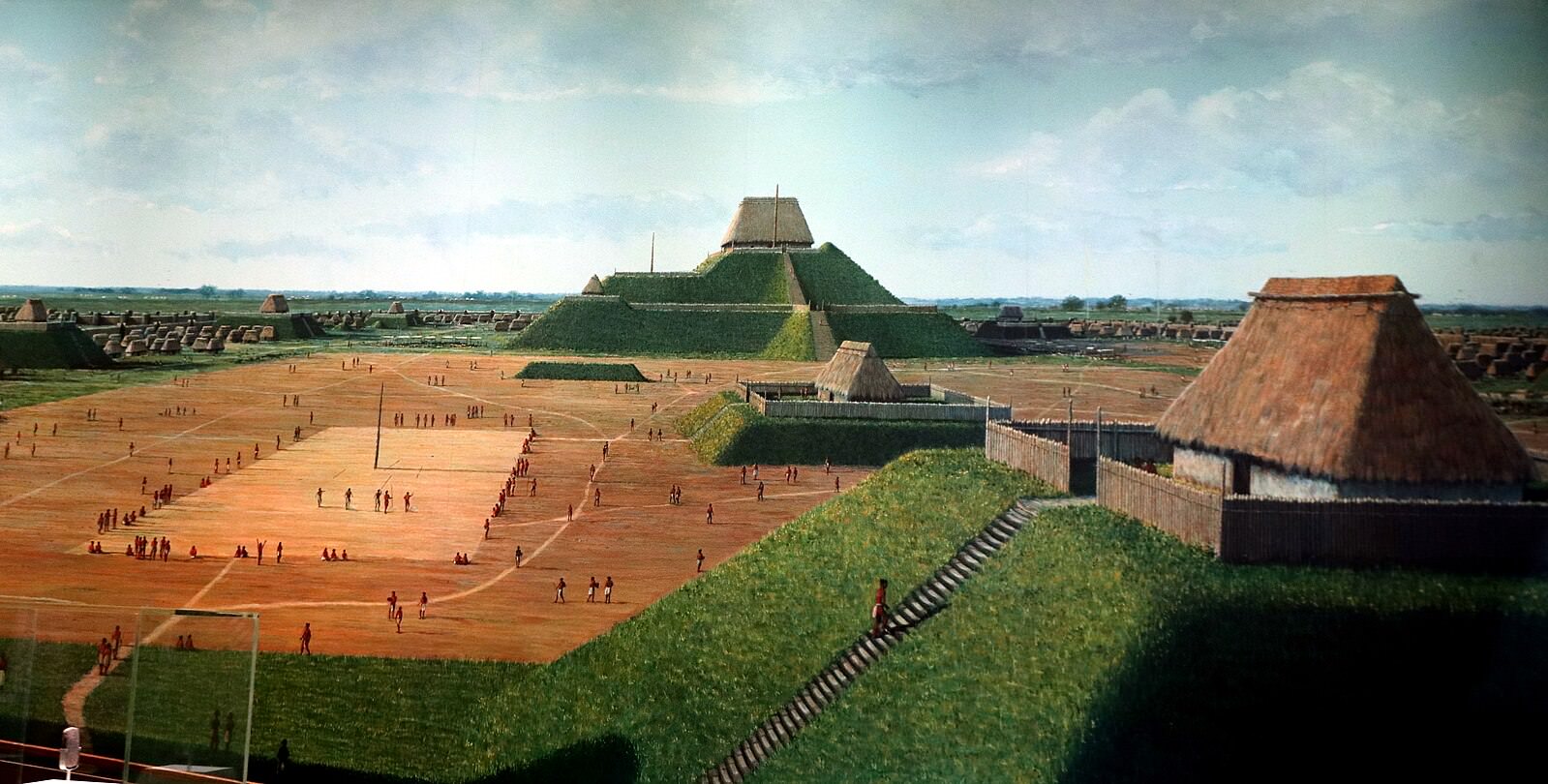
Cahokia Was Flooded After Megafloods
Cahokia, the largest pre-Columbian city north of Mexico, collapsed after flooding caused by speculative megafloods 600-700 years ago according to sediment samples. Thank You (24 Millions ) views/Wikimedia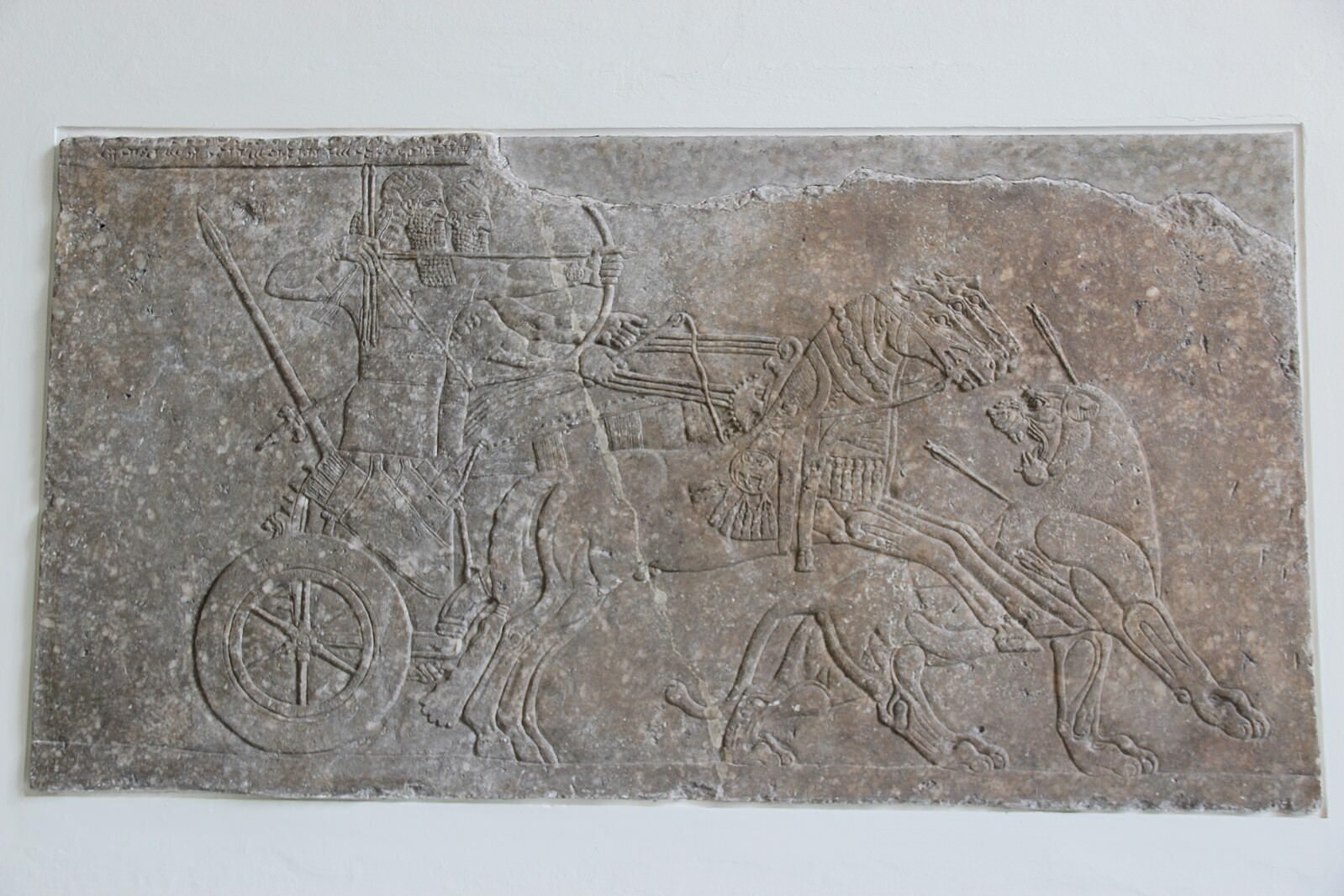
Neo-Assyrians Used Clay "Coins"
Neo-Assyrian administration used shaped clay tokens as accounting devices long after inventing writing. Complex bureaucratic systems persisted partially on these counters centuries beyond their obsolescence. Gary Todd/Wikimedia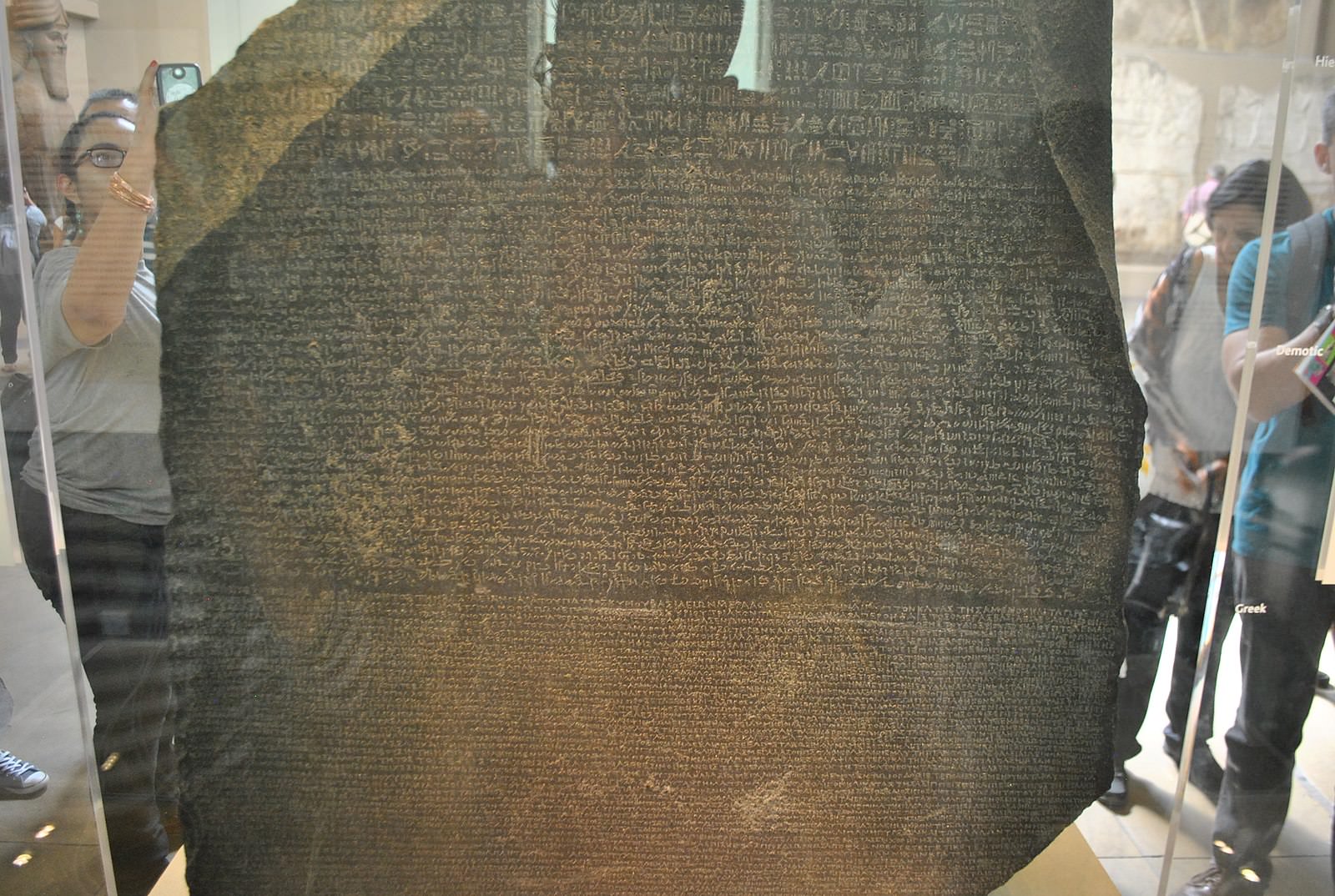
A Viking Code Concealed An 800-Year-Old Joke
A coded joke runestone was recently deciphered using a miniature Rosetta Stone also carved by the author. The secret message after all that work: “Kiss me.” ProtoplasmaKid/Wikimedia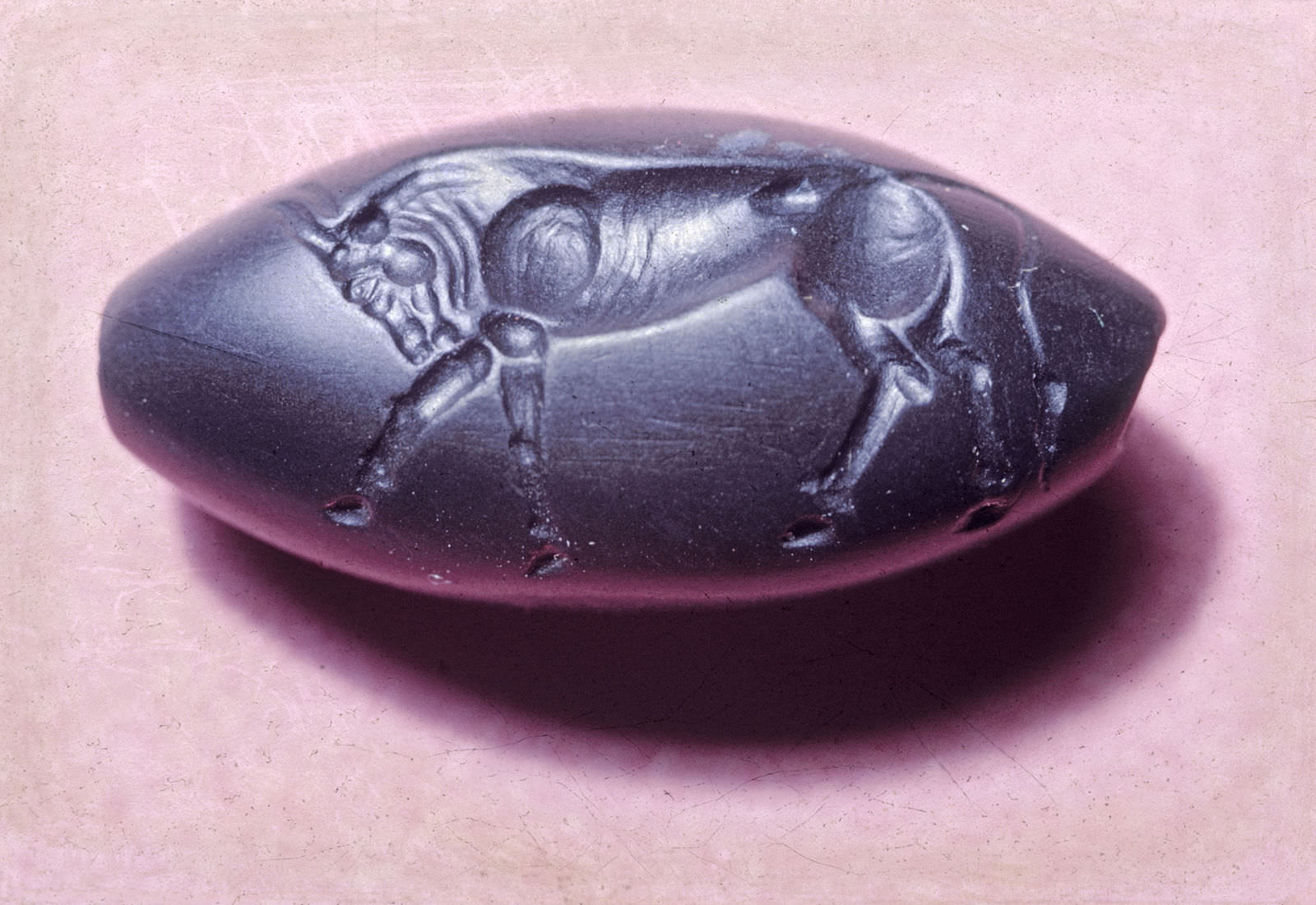
Minoans Were Fierce Warriors
Ancient depictions show Minoans bearing swords and spears, busting myths of their peacefulness. New findings confirm their warrior culture originated militaristic tools and technology inspiring medieval Europe. Walters Art Museum/Wikimedia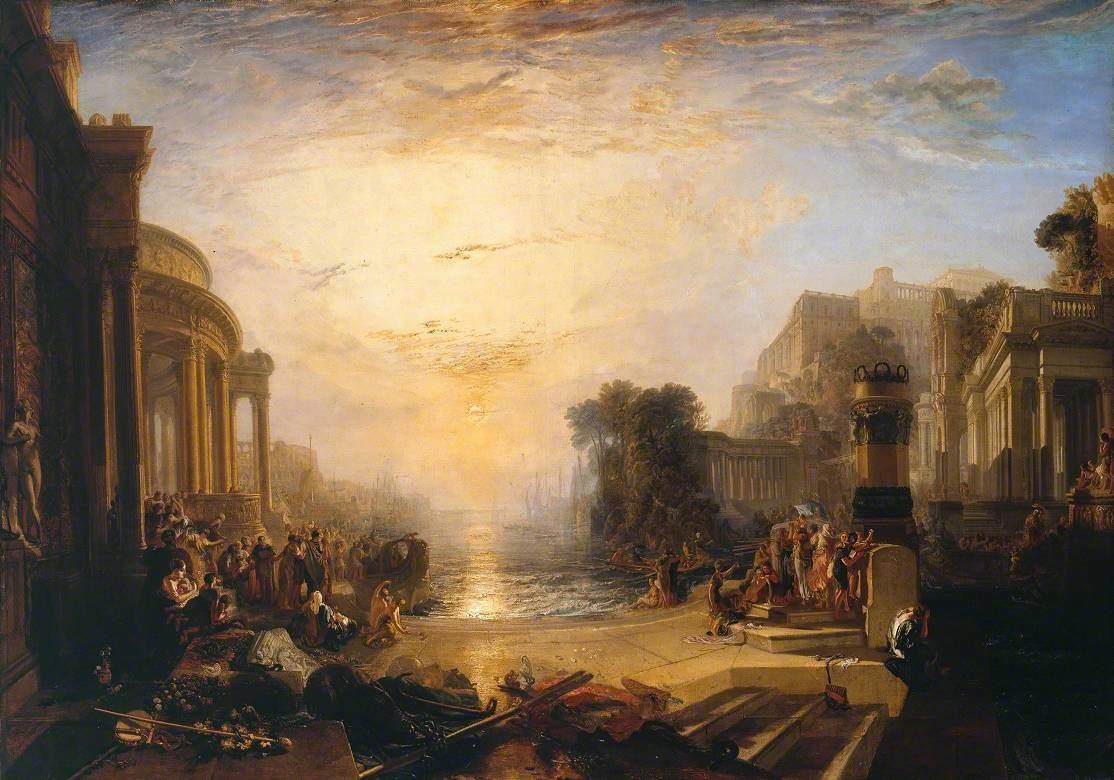
Carthaginians Really Did Sacrifice Their Children
Tandem research from global scholars ends questions about Carthaginians sacrificing children. Literary, archaeological, and material evidence confirm infants were sacrificed to appease gods. J. M. W. Turner/Wikimedia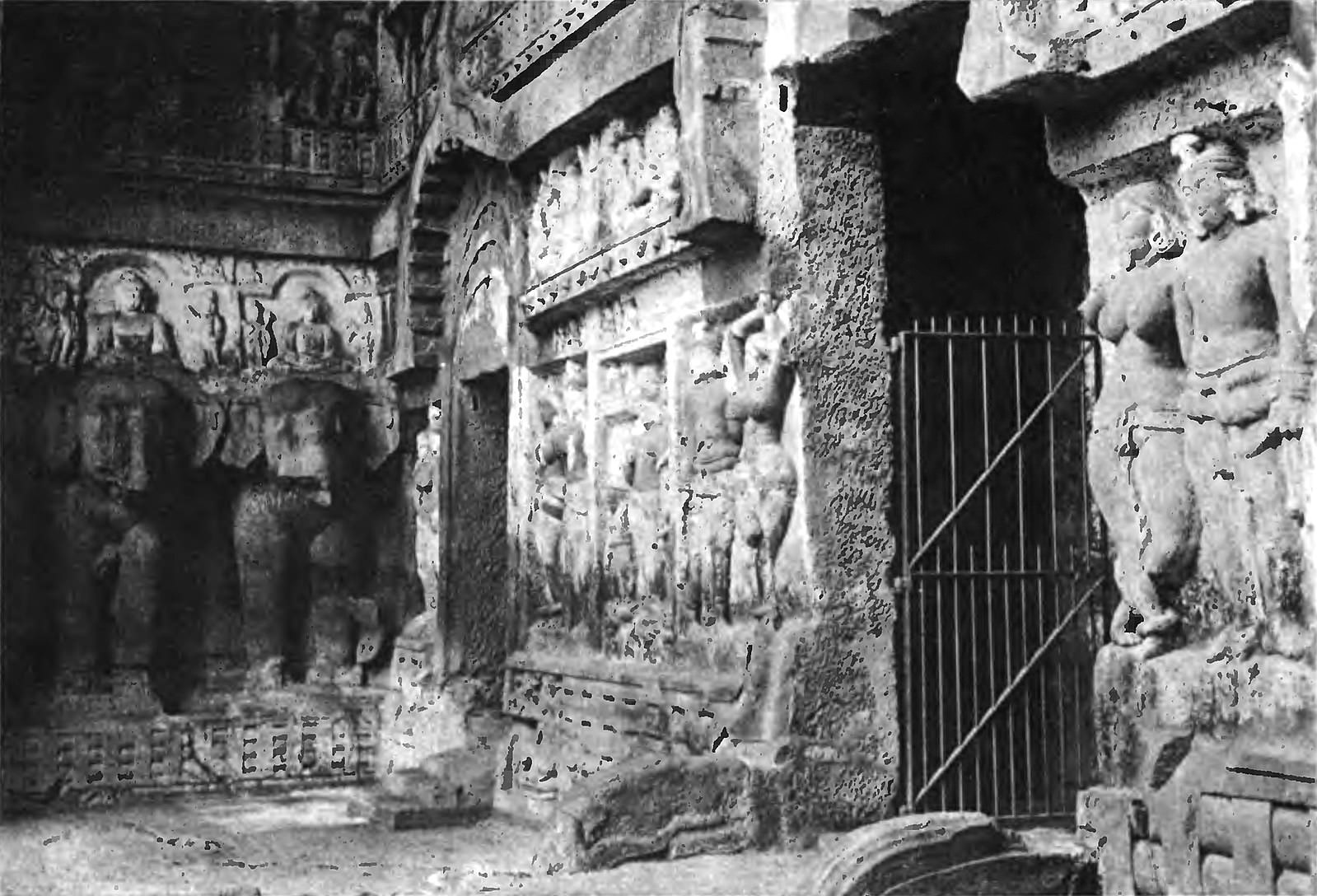
Many Ancient Republics Existed Beyond Rome
Scattered independent republics sharing power amongst citizens’ councils governed parts of ancient India. These small republics with voting rights and shared ruling responsibility endured alongside monarchies. Romesh Chunder Dutt]R. C. Dutta/Wikimedia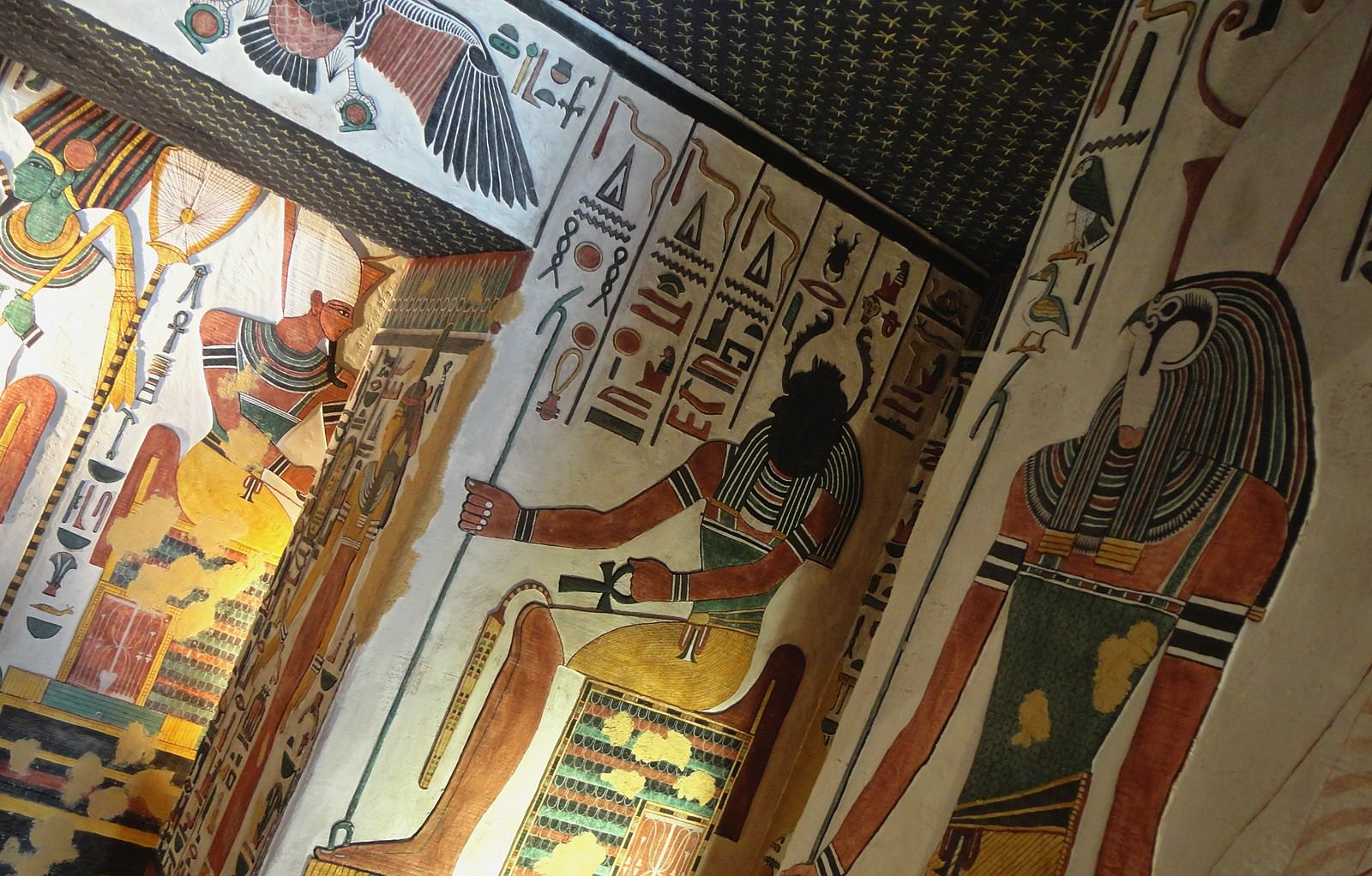
The Ancient Egyptians Invented the First Pregnancy Test
Ancient Egyptians had an advanced medical practice, evident in their invention of the world's first pregnancy test around 1350 BCE. Described in papyri, women would urinate on wheat and barley seeds; wheat sprouting meant a boy, barley a girl, and no growth indicated no pregnancy. Modern analysis supports its accuracy, as hormones in pregnant women's urine promote seed growth. Juan Carlos Fonseca Mata/Wikimedia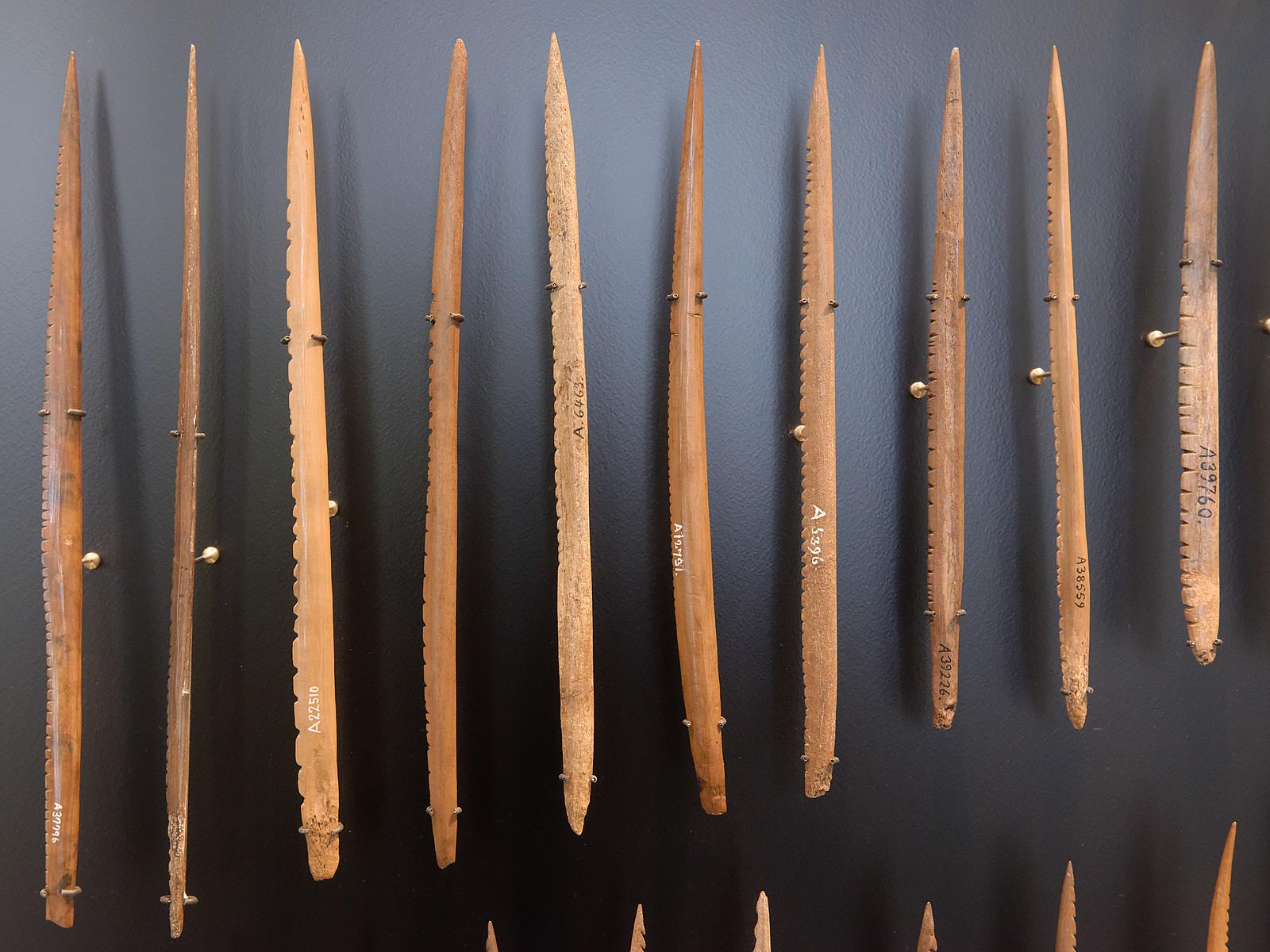
Our Ancestors Made Weapons From Human Bones
Bone spearheads dating 5300 - 4900 BCE were made from human bones as well as deer and elk. The reason for selectively using scarce human bones amongst plentiful animal bones remains an open mystery. National Museum of Denmark/Wikimedia